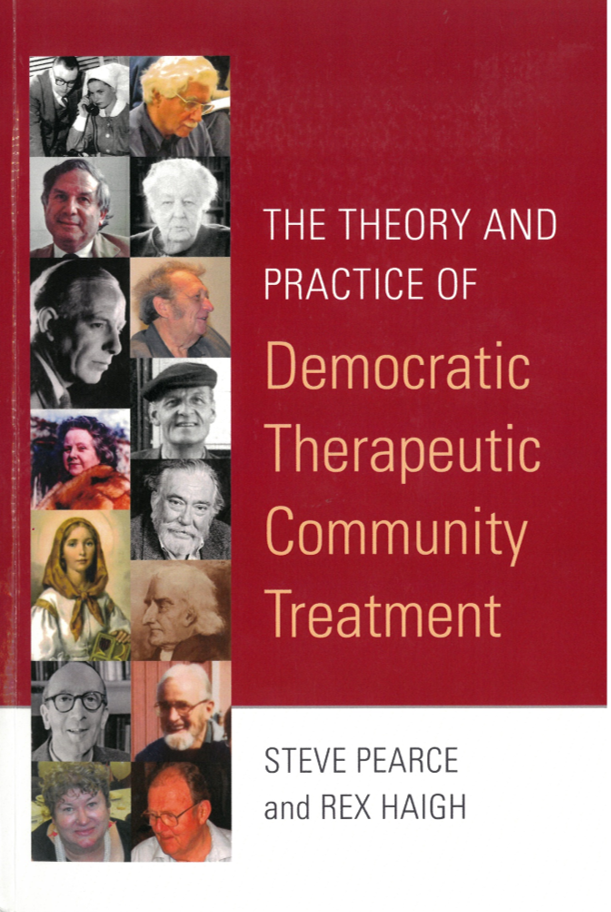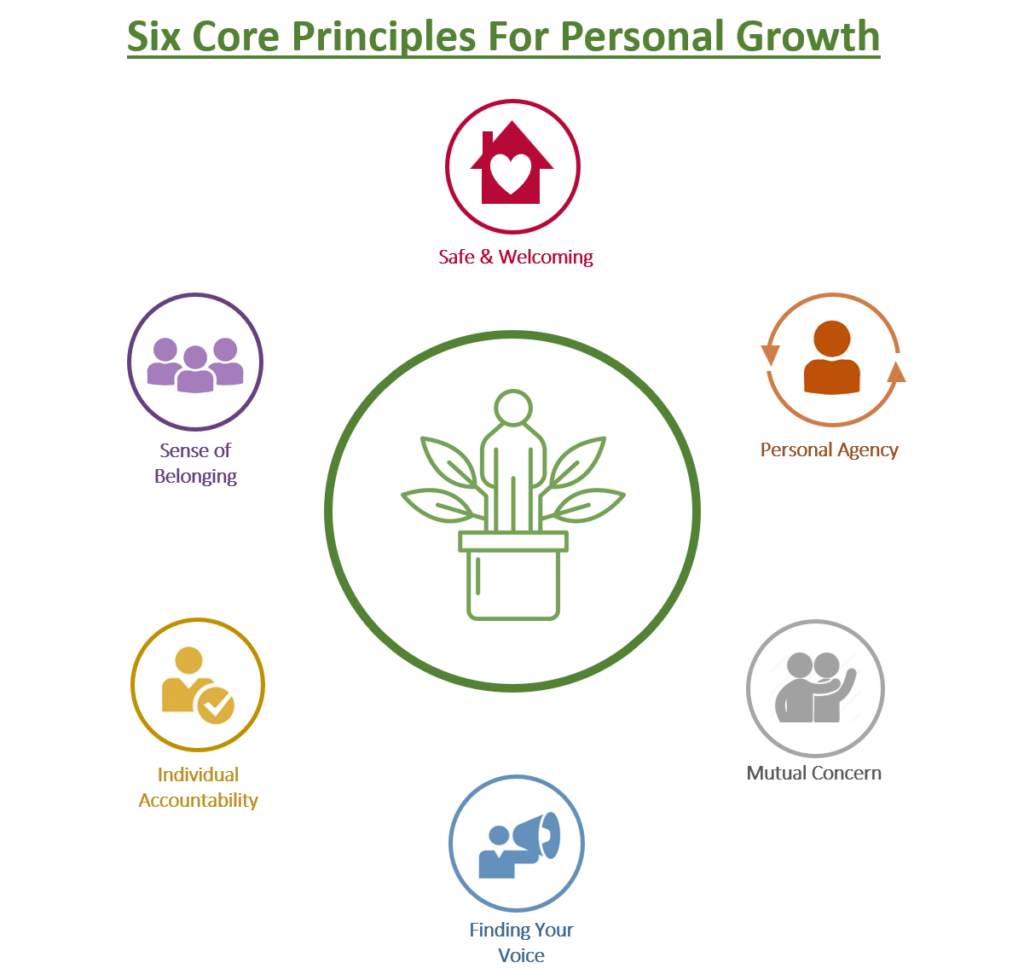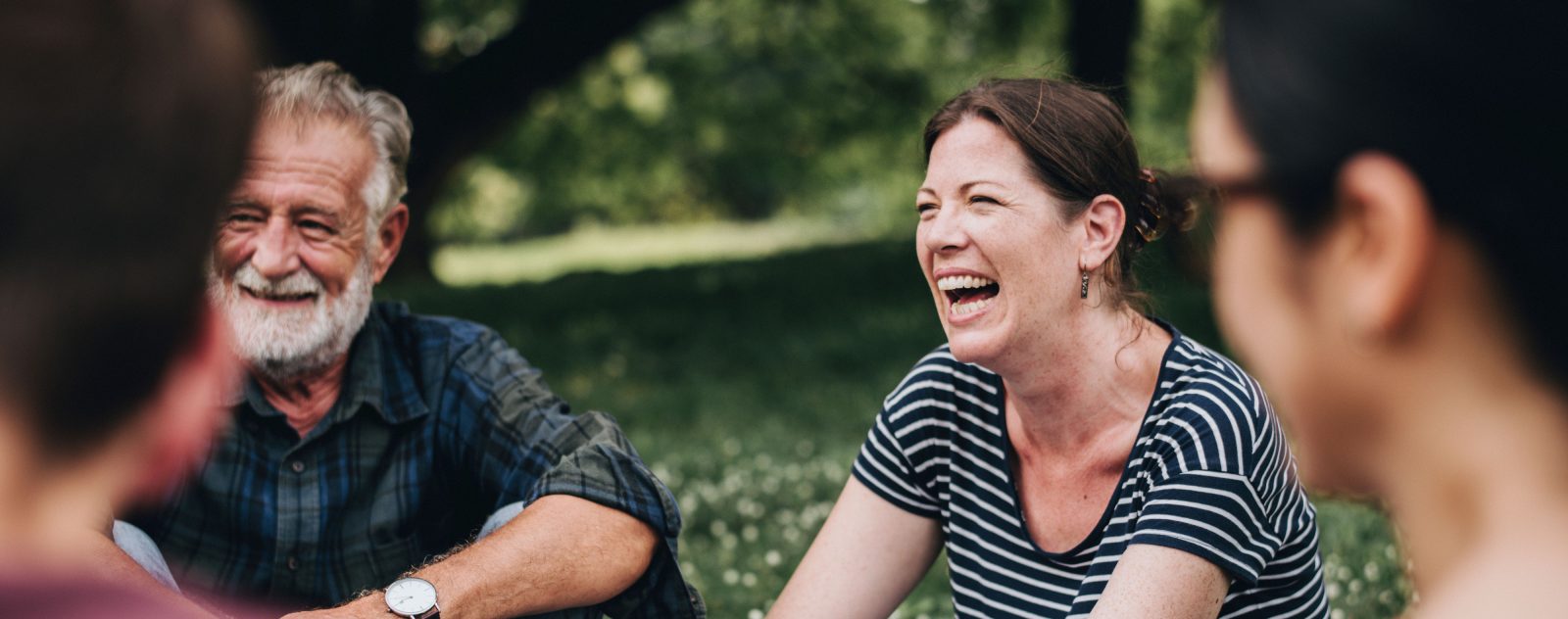
Adapted Therapeutic Communities (ATCs) provide an additional therapeutic choice to individuals seeking support at no-cost, in an accessible location, and conveniently scheduled to fit in with other commitments. It involves ‘Community as Method’ using six core principles to empower groups of people to help each other achieve their goals whether it is pursuing a life free of substance use or crime, recovering from a mental health challenge, or simply seeking personal improvement.
ATCs can provide an impactful small group experience to augment existing recovery-oriented support services, or they can be a stand-alone option for those not engaged in other therapeutic modalities. It is a robust model that can serve a variety of functions based on individual needs that include pre-care, after-care, and reintegration for those transitioning back into community from treatment or corrections or those struggling with homelessness.
Whereas some more traditional Therapeutic Communities have been styled as full-time, live-in communities (Delancey Street Foundation and San Patrignano Community are examples), the model presented herein has been adapted by Dr. Steve Pearce and Dr. Rex Haigh, co-authors of the ‘how to’ manual and book, The Theory and Practice of Democratic Therapeutic Community Treatment, to be a visiting day program. In BC, we have rebranded the model ‘Adapted Therapeutic Community’ (ATC) to demonstrate the flexibility to adapt the model to meet the needs of individual communities across the province.

ATCs can range from five hours a day, three days a week, to shorter engagements of just a few hours one day a week. These modified therapeutic communities have the added advantage of ensuring a member’s ATC experience happens alongside real life, which helps them reconnect with, and build, relationships with others outside the ATC. By forging healthy connections within the ATC and their home community, people gain socialization opportunities and communal support from strengthened existing and newer support networks.
Shorter TC treatment regimes have been proven to be equally effective – including system efficiencies and cost savings. The real gain, however, comes with therapy happening alongside real life, truly empowering people to develop skills and confidence to have more control in their lives and become active and contributing members of their community.

